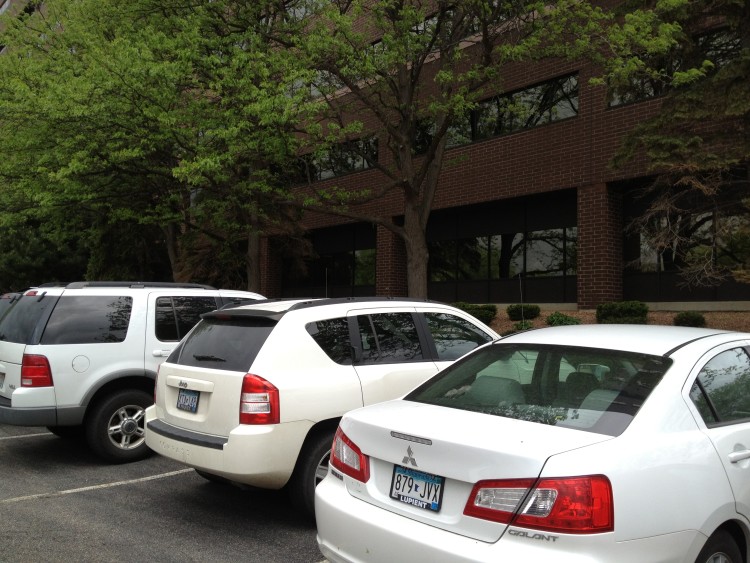Study: Voice Activated Car Control Can Prove Distracting
 Two new studies focused on analyzing how onboard voice controlled automobile features affect the driver suggest that even managing your smartphone or radio with just your voice can prove distracting.
Two new studies focused on analyzing how onboard voice controlled automobile features affect the driver suggest that even managing your smartphone or radio with just your voice can prove distracting.
Voice activated automobile controls were marketed as a way to keep a driver’s eyes on the road while a person attempted to send a text message or change the radio station, but new studies suggest they still negatively affect the most important control mechanism – your brain.
The studies conducted by the AAA Foundation for Traffic Safety and the University of Utah examined how distracted drivers became when tasked with using certain voice controlled systems. The first study examined the onboard handsfree infotainment systems on some of the more popular car brands, and the second study looked at driver performance when tasked with using Siri, Apple’s voice-operated system, to preform functions like posting to Facebook or calling a friend.
The systems were graded on a 1-5 scale, with 1 representing no distraction and 5 being comparable to doing complex math problems or word memorization.
Siri scored the worst on the test, receiving an average grade of 4.14 out of 5. Twice, drivers in a car simulator rear-ended another vehicle, and oftentimes Siri would misinterpret the driver’s commands. One of the drivers had to scramble to end a call after Siri mistakenly thought the driver asked to be connected to 911.
Onboard Tests Also Poor
The onboard infotainment systems didn’t fair much better in the tests. Chevrolet’s MyLink received the worst brand rating, posting a distraction level of 3.7. The onboard systems of Mercedes, Ford and Chrysler also all registered as more distracting than if the driver were simply talking on a handheld phone.
Deborah Hersman, president of the National Safety Council said the voice controlled systems need to be properly regulated.
“It is like the Wild West, where the most critical safety feature in the vehicle — the driver — is being treated like a guinea pig in human trials with new technologies.”
University of Utah professor David Strayer, who led the studies, said the more complex task the driver asks of the system, the more dangerous it can be.
“When these systems become more complex, like sending text messages or posting to Facebook, it pushes the workloads to pretty high levels and may be dangerous while driving,” Strayer said.
Despite their concerns, two vehicle systems scored pretty well on the distraction test. Toyaota’s Entune system scored a 1.7 – akin to listening to an audiobook while driving – while Hyundai’s Blue Link Telematic System scored a 2.2.
“The good news is that really well-designed systems offer us the possibility to interact in ways that aren’t so distracting,” Strayer concluded.
Related source: AP
-
5 Ways To Keep Your Parked Car Cool When It’s Hot
 May 30, 2013
May 30, 2013Summer is here and that means hot weather for us Minnesotans. And while it’s great to be able to drive with the windows down after so many cold months, the summer heat can also really heat up your car when it’s parked for a long period of time. No one likes stepping into a heat […]
-
Minnesota Car Repair After Hitting A Deer
 Oct 15, 2014
Oct 15, 2014Minnesota ranks in the Top 10 in the nation in terms of the number of annual car accidents between a driver and a deer, so it’s no surprise that we see an uptick in deer-related maintenance requests as hunting season approaches. Minnesota drivers have the eighth highest odds of striking a deer with their vehicle, […]
-
Improving Gas Mileage in Cold Weather
 Dec 2, 2014
Dec 2, 2014Winter is here, and by all accounts it appears it’s here for good. When temperatures drop, so too does your car’s fuel economy. Below, we explain why winter driving lowers your average mile per gallon and share some tips to raise it back up. Cold Weather and Your Car One car study found that the […]




